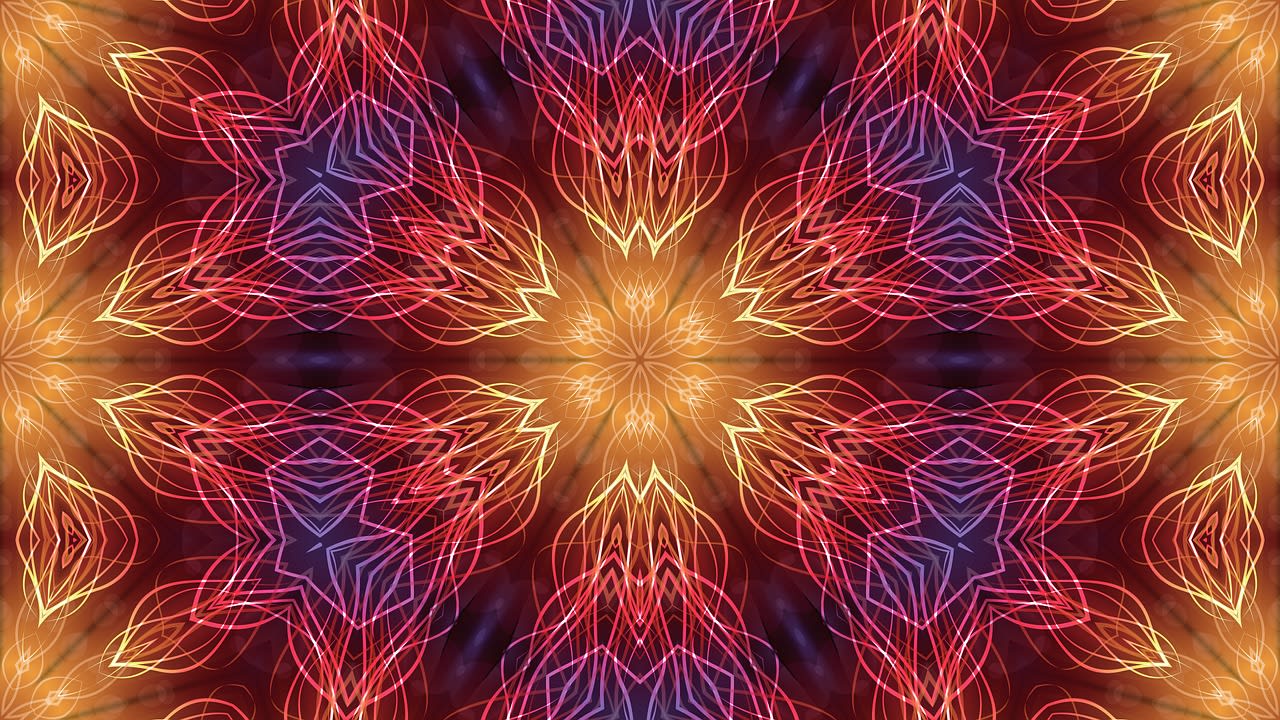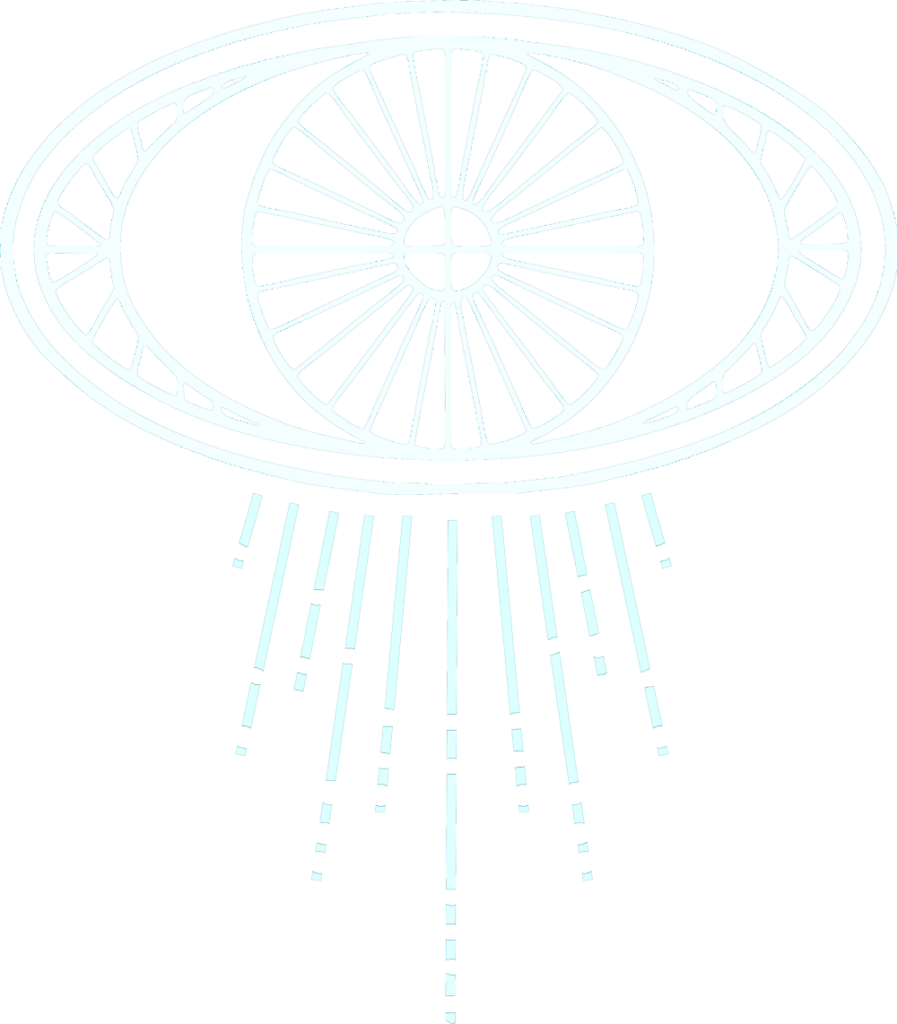
At the Tyringham Initiative Symposium in June 2015, the notion of ‘extended-state’ DMT infusion was floated by Dr Andrew Gallimore and Professor Rick Strassman, as a means to opening up new avenues for research within this domain.
Since then, TI has worked closely with these scientists and others to fund and facilitate a series of ongoing ground-breaking experiments at Imperial College London, under the guidance of Dr Chris Timmerman, Dr David Luke and others.


Thanks to a spontaneous mystical experience when he was 15, followed by a long-standing ayahuasca practice, Anton developed a conviction of the true existence of the ‘Sentient Other’. This led him to co-found the Tyringham Initiative in 2015, hosting the first of several multi-disciplinary symposia events, designed to push the envelope on entheogenic and particularly, DMT research and the extraordinary phenomenon of entity connection.
Early discussions with Robin Carhart-Harris led to the psychedelic research team at Imperial College London starting a scientific investigation into these phenomena.
Through the pioneering use of intravenous ‘extended-state’ infusion of DMT, as conceived by Dr Rick Strassman and Dr Andrew Gallimore, leading scientists in the field are now exploring the possibility that the ‘entities’ encountered in those states, may not just be the product of our subconscious/psyche, but independent sentient beings we can actually communicate with – and who may even guide us in resolving some of our myriad global crises. In some ways this experimental endeavour is a re-ignition of the practices of the ancient Mystery Schools in “talking with the Gods”.
As of today, several volunteers, including Anton, have received the extended intravenous doses and their phenomenological experiences have been fascinating.
Most recently the experiments have developed to test for “shared consciousness” – telepathy, and have involved two volunteers being infused at the same time. Anton and a female volunteer were the first people in the world to do this.
The DMT Research Group was founded in 2022 as part of the Centre for Psychedelic Research. Led by Dr. Chris Timmermann, and building from eight years of research on DMT, the Group aims to be a leading effort in the research of human consciousness by involving the short-acting psychedelics N,N-DMT and 5-MeO-DMT in conjunction with state-of-the-art brain imaging.
These past years have marked significant progress for the central projects undertaken by the DMT Research Group. These achievements include
1) Publication of the first brain imaging study of DMT, published in the high-impact journal PNAS.
2) Publication of the first study involving extending infusions of DMT for 30 minutes.
3) The start of the first study examining shared experiences occurring under DMT.
4) Obtaining ethical approval for the first brain imaging study involving the powerful psychedelic 5-MeO-DMT
5) Publication of research concerning the phenomenology of DMT, such as entity encounters and the sense of familiarity.
According to our current findings, high doses of DMT induce immersive psychedelic experiences by eliminating filters of brain action, as indicated by the reduction of alpha brainwave power and dysregulation of high-level brain networks. This removal of filters allows for a state of hyperconnectivity in the recently evolved brain cortex. These brain systems, associated with functions like planning, counterfactual thinking, and imagination, play an important role in constructing novel worlds of experience under the influence of DMT.
The groundbreaking study, led by Dr. Chris Timmermann, the head of the DMT Research Group, received widespread media attention and was featured in prominent outlets such as The Times, The Guardian, Vice, and Business Insider.
In 2023 the DMT Research Group also published the first study of extended DMT infusions in the Journal of Psychopharmacology. This groundbreaking study was led by PhD student Lisa Luan, under the supervision of Dr. Chris Timmermann. The research involved testing different doses of extended DMT on healthy volunteers, with a total of 32 participants receiving both extended DMT and placebo infusions.
Collaborators PhD student Emma Erecknas and Prof. Michael Ashton from the University of Gothenburg contributed to the development of the infusion parameters, utilizing data from Timmermann’s previous work with DMT. This significant study demonstrated that extended infusions of DMT are both psychologically and physiologically safe. This important finding lays the foundation for future studies aiming to delve deeper into DMT phenomena, such as encounters with entities and exploring alternative realms and dimensions.
In June 2023, ethical approval was granted for an innovative experiment that aims to explore the potential of shared experiences occurring under the influence of DMT. This study, supervised by Dr. Chris Timmermann and led by post-doc researcher Kate Godfrey, will involve 30 pairs of individuals undergoing simultaneous administration of DMT in one condition, with alternation of DMT and placebo dosing serving as control conditions.
After these experiences, detailed interviews will be conducted, and participants will complete psychometric questionnaires to assess the extent of shared experiences. To further investigate this phenomenon, simultaneous brain activity will be measured using EEG on both individuals during the DMT sessions. The goal is to determine if brain synchrony occurs to a significantly higher degree during simultaneous DMT experiences. This study is currently underway.
In March 2023, we obtained ethical approval for an exciting and groundbreaking neuroimaging study focused on 5-MeO-DMT in the human brain, the first of it’s kind. With the use of High-Density-EEG, the aim is to provide a comprehensive understanding of the mechanism of action of 5-MeO-DMT in the brain. We plan to enrol a significant number of volunteers who have previously participated in extended DMT administration, which will offer us a wealth of data to compare the effects of these two compounds.
What makes this study particularly intriguing is the contrasting effects of DMT and 5-MeO-DMT. While DMT is known for inducing experiences of entities and sensed presences, 5-MeO-DMT is renowned for triggering experiences of ego-dissolution (sometimes described as an ‘experience of everything and nothing’). By comparing both states, the group has a unique opportunity to explore essential questions about consciousness, the sense of self, and our perceptions of invisible entities. We anticipate that the findings from this study will provide valuable insights into the distinct neural correlates and subjective experiences associated with these two powerful compounds, advancing our understanding of human consciousness and the nature of altered states of consciousness induced by psychedelics.
These neuroimaging studies are complemented by the recent publication of two phenomenological studies examining the phenomenological effects of DMT. By examining thousands of DMT reports, Dr. David Lawrence, under the supervision of Dr. Chris Timmermann, categorized the wide variety of DMT experiences into distinct features and generated a detailed characterization of DMT entity experiences.
In another publication, Dr. Lawrence delved deeper into one of the most remarkable aspects of the DMT experience—the sense of familiarity or ‘coming home’ reported by users. Despite its significance, this particular experience has not been thoroughly characterized before. By employing rigorous research methodologies, the team sought to shed light on the nature of this profound phenomenon, providing valuable insights into the subjective and psychological dimensions of the DMT experience. The study’s findings have the potential to enrich our understanding of altered states of consciousness, contributing to the broader field of psychedelic research and human consciousness exploration.



